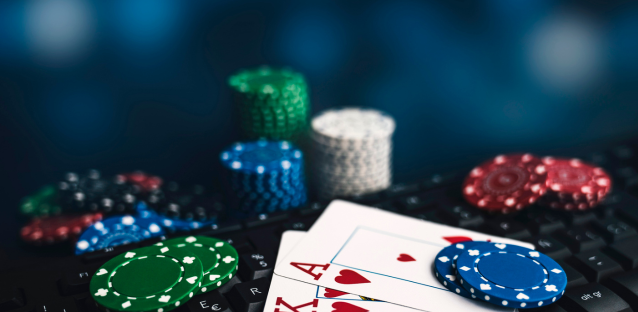Poker is a game that attracts millions of people with its passion and intelligence. Many people play poker online, dreaming of big winnings or just for fun. But not everyone succeeds in this game. Some players lose huge amounts of money, sometimes even their entire fortune.
Guy Liberté: $31 million
Guy Liberté is a Canadian billionaire and founder of the famous circus Cirque du Soleil. He is also known for his passion for poker and his huge losses in this game. According to various sources, he lost around 31 million in online poker from 2006 to 2009. This makes him the biggest loser in the history of online poker.
Guy Liberté has played at the highest stakes against poker stars like Phil Ivey, Tom Dwan, Patrick Antonius and others. He used several accounts on the Full Tilt Poker site: noataima, patatino, lady marmalade, elmariachimacho, Esvedra and Zypherin3. Incidentally, the Indian teen Patti rummy circle gives a chance for big wins as well.
His biggest loss was an $818,000 pot against Phil Ivey in pot-limit Omaha. In this hand Liberté had A Q J 9 , and Ivey had 9 8 7 6 . After both players bet 40,000 each before the flop, the table showed K 10 2. Liberté bet 80,000 and Ivey raised to 320,000. Liberté decided to go all-in and Ivey called. On turn and river, 3 and 4 came out, giving Ivey a straight to a king. Liberté lost a huge pot and was left with no money in his account.
Gus Hansen: $20 million
Gus Hansen is a global celebrity in the world of poker. He has won four World Poker Tour titles and one World Series of Poker bracelet, as well as many other prizes. But he is also famous for his colossal losses in online poker. According to HighstakesDB, a website that tracks high-stakes results in online poker, Gus Hansen has lost more than $20 million over the course of his career.
Most of these losses occurred between 2006 and 2014 when he played on the most expensive tables against poker aces such as Phil Ivey, Tom Dwan, Patrik Antonius and others. Gus Hansen admitted that he was obsessed with online poker and that he lacked discipline and self-control. He also stated that he would no longer play online poker and that he needed to concentrate on other aspects of his life.
Brian Hastings: $4.2 million
Brian Hastings is a well-known professional poker player who has achieved great success in this field. He has won three World Series of Poker bracelets and earned over $6 million in prize money. However, he is also infamous for a scandalous incident that occurred in December 2009 while playing online poker.
In this game, Hastings was playing against famous Swedish player Viktor Blum, also known as Isildur1. In a startling turn of events, Hastings managed to defeat Isildur1 and win the sum of $4.2 million in just one day. However, it was later discovered that Hastings had broken the rules of the Full Tilt Poker platform where the game was played.
It turned out that Hastings had received information about Isildur1’s playing style and stats from his friends and CardRunners teammates Brian Townsend and Cole South. This unfair advantage gave Hastings priority over his opponent. As a result, Full Tilt Poker penalized Hastings and his accomplices by freezing their accounts and revoking their sponsored player status.
Arkhangelsk: $3.6 million
Arkhangelsk is the pseudonym of an unknown Russian online poker player who lost one of the largest sums of money in a short period of time. He appeared on PokerStars in late 2010 and started playing at the highest stakes against poker masters such as Daniel Negreanu, Phil Galfond, Justin Bonomo and others.
He played a variety of poker games including Texas Hold’em, Omaha, and Draw Poker. He showed an aggressive and risky style of play that sometimes brought him big wins but more often huge losses. In three months, he lost over 3.6 million. His biggest loss was a $421,000 pot against Phil Galfond in pot-limit Omaha. After that, he disappeared from the PokerStars site and never appeared in online poker again.
Online poker is an exciting strategic game that is fun and offers a chance to make money. However, it can be dangerous and destructive for those who do not know how to control their feelings, finances and decisions.

